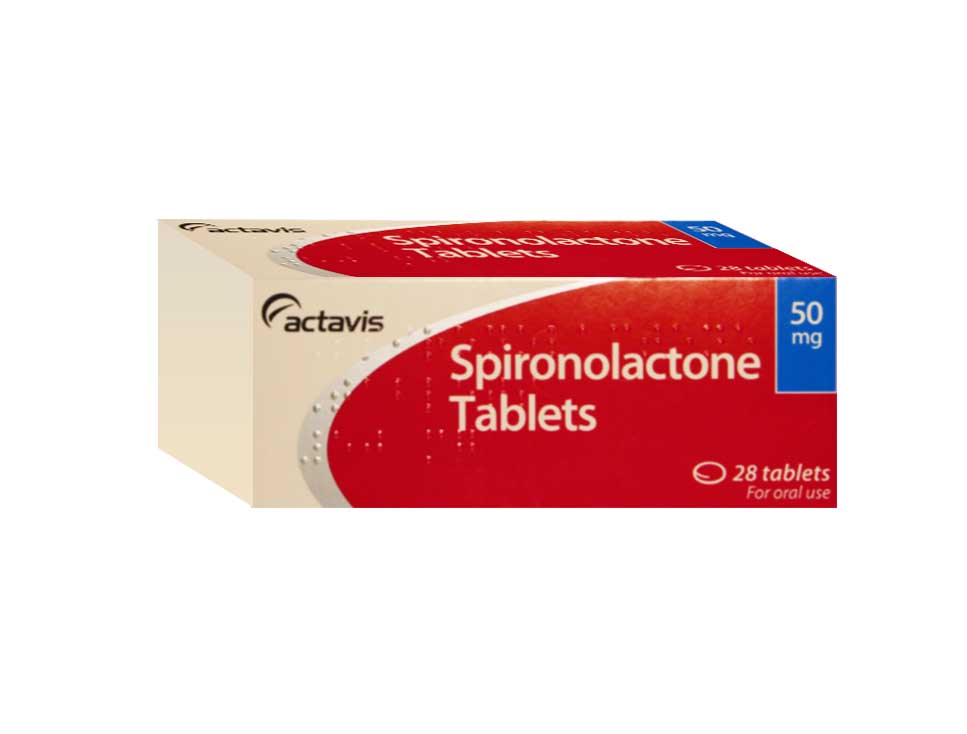Information about ALDACTONE (Spironolactone):
Aldactone, or Spironolactone, is a medication primarily used to treat conditions such as high blood pressure, edema (fluid retention), and certain hormonal imbalances. This medicine is the part of class drugs known as potassium-sparing diuretics.
Product Highlights
- ALDACTONE medicine group type is Potassium-sparing diuretic.
- Use for treatment of hypertension edema associated with congestive heart failure, cirrhosis of the liver and nephrotic syndrome.
- ALDACTONE also used off-label for conditions like hirsutism in women and hormonal acne.
- By inhibiting the effects of aldosterone, a hormone that controls the body's water and salt balance.
Key Ingredients
Key Benefits
- Helps reduce blood pressure by promoting the excretion of sodium and water while retaining potassium.
- Effective in reducing fluid accumulation in conditions like heart failure and liver disease.
- Can be used to treat hormonal conditions where excessive androgen (male hormone) levels are a concern.
Direction For Use
- Dosage depends on the condition of patient.
- Generally taken orally with or without food.
- Often prescribed as a single daily dose, but may be split into smaller doses throughout the day.
- Treatment duration is determined by the healthcare provider based on the specific condition.
Safety Concern
- Most usual side effects is dizziness, headache, nausea, and diarrhea. More serious side effects may include hyperkalemia (high potassium levels), especially in patients with kidney problems.
- Caution is needed in patients with kidney impairment, as Spironolactone can affect electrolyte balance. Is important for patient to monitor potassium levels and kidney function regularly.
- Can interact with other medications, especially potassium supplements, ACE inhibitors, and angiotensin II receptor blockers (ARBs).
Avoid Taking if ALDACTONE (Spironolactone):
- Avoid if already have high potassium levels in the blood.
- Mostly avoided during pregnancy due to potential risks to the fetus.
- Not recommended during breastfeeding due to the possibility of excretion into breast milk.






